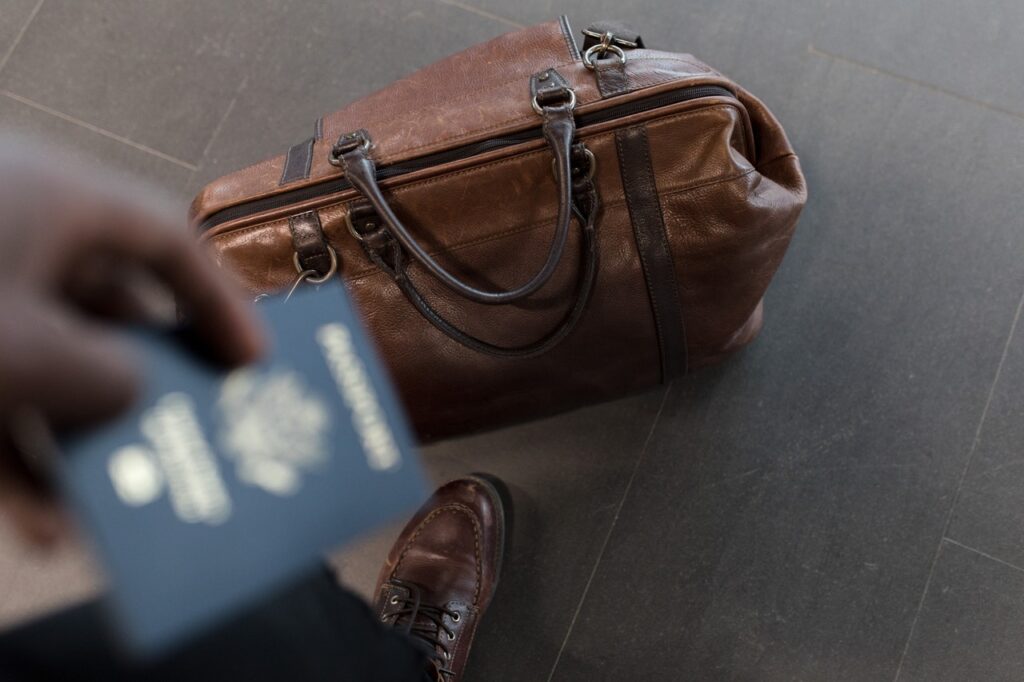A high-stress lifestyle can make life so busy that even taking time out for rest can seem like one more stressful item to add to the endless to-do list. All too often it then becomes easy to turn on the TV for leisure time, rather than to rest in qualitative and meaningful ways. As illustration, a U.S. Bureau of Labor Statistics “American Time Use” survey found that the average American spends two hours and 47 minutes watching television daily—as opposed to only 17 minutes relaxing and thinking.
The problem with this trend is that while TV can sometimes be a helpful way to unwind, it’s also a source of stress, anxiety, and depression. Especially at high levels of consumption, or when one’s preferences include a steady diet of cable news, TV is more often than not a poor substitute for rest. (Texting and social media aren’t any more restful, either.)
True rest will leave a person feeling refreshed, replenished, and rejuvenated. In a day and age that celebrates constant chatter and measures people by what they produce and consume, finding ways to get more rest can be challenging but is also more important than ever. It’s also essential to combating the negative mental health effects of stress. (Learn about how treatment at FHE Health is helping people in high-stress professions recover from PTSD and other stress-related mental health conditions.)
Together, these 10 ways to get more rest in a high-stress lifestyle make the case that with some creativity, planning, and commitment, getting more rest is both possible and well-worth the effort:
1. Take time off.

Look ahead to the next year and plan time-off days. Make sure that one to two days are taken off at least every three months. The US Travel Association reported that in 2018 the average amount of paid time off is about 24 days. However, more than half of Americans are not using all their time off, leaving 768 million days of paid time off unused.
2. Schedule a day off the day before and the day after vacation.
Although vacations are fun and relaxing, the planning and organizing can be stressful. Many people end up getting sick before leaving on vacation because of the stress of finishing up work, making arrangements, packing, etc. Reduce that stress by taking a day to prepare while also resting. Be sure to take a vacation from the vacation with a day off after to get rest before getting back into daily routines.
3. Take the long way to work.

Traffic has been known to cause anxiety and anger—hence the proverbial road rage that sometimes goes viral or ends with a mug shot plastered across the evening news. Find a route that may have less traffic and ideally may be more scenic, even if it takes more time to get to work. Leave a few minutes earlier to take this route once or twice a week.
Alternatively, consider taking this route during the drive home from work. The extra minutes cruising along more scenic backroads or through unfamiliar neighborhoods, rather than inching through bumper-to-bumper traffic, will probably be more peaceful. Besides, a little exploration trying out a new route is more fun and interesting (another mental health perk).
4. Stop by a park before going to the store.
Going to the grocery store is a necessary chore that many of us find burdensome. Why not preface it with a stop at the local park, even if only to sit on a bench and breathe deeply, taking in the sights and sounds? The National Recreation and Park Association (NRPA) emphasizes that parks provide a connection to nature, which relieves stress levels and improves mental health. Don’t plan on doing it on the way home, because it’s easy to make excuses not to go to the park, like feeling tired after shopping or worrying that the ice cream will melt.
5. Mute TV commercials.

Meditation has become known to help cultivate inner peace and reduce stress. Findings presented by the Mayo Clinic show meditation can give a sense of calm, peace, and balance that can benefit emotional wellbeing and overall health. Finding time to meditate may seem impossible in a high-stress lifestyle, but even just a few seconds to minutes can help the mind-body get rest.
Try this simple challenge every day for a month to feel more rested: Since the average number of commercials in a one-hour television show is about 15 minutes, try muting at least 1-3 commercials; then, during the roughly 2-4 minutes that would otherwise be spent hearing about the best cat food, newest drug for erectile dysfunction, or scandalous reasons not to vote for a particular politician, take a deep, cleansing breath, close the eyes, and spend that time quietly observing the rise and fall of the breath.
6. Set the morning alarm 10 minutes earlier.
Quiet time is important to getting more rest but finding this quiet time can feel like a challenge. Set the morning alarm to go off 10 minutes earlier, in order to build rest into a daily routine. Early mornings—before the full rush of the day begins, and when people tend to be more rested already from having just slept—are often a good quiet time. Try to savor it by sitting up in bed, lying on the floor, or doing yoga stretches as suggested by Pureful Yoga.
7. Take a break from social media.

Social media has become America’s favorite pastime. Some time spent on social media can be good to connect with others and to stay current with what’s trending. However, it is important to take breaks from it throughout the day, as the content can also create stress and ignite negative emotions. Most importantly, make it a priority to shut down social media at least one hour before bedtime to promote better sleep and rest.
8. Watch nature and animal channels:
If television is hard to pass up, one good option is to put on nature or animal shows. Nature scenes are very calming and serene. Studies have shown that watching animals, in particular cute animals, can reduce stress and anxiety. Sometimes just having these types of shows and channels playing in the background while working can be calming. Take a few minutes to rest and watch the scenery.
9. Step outside during lunch breaks.

Make a habit of getting outside and into the fresh air during lunch and other work breaks. Fresh air provides more oxygen for the lungs, improving circulation, reviving the spirit, and creating a greater sense of rest.
10. Reduce caffeine and alcohol:
Caffeine is a stimulant which helps to amp one up but can be difficult to turn off when rest is needed. Alcohol is often used as a stress reliever but comes with negative side effects such as withdrawal symptoms and emotional and cognitive dysfunction. Reducing caffeine and alcohol intake also improves sleep which allows for more restfulness and rejuvenation.
This article was provided by Dr. Sachi Ananda, PhD, LMHC, MCAP, who directs a specialized treatment program for first responders, “Shatterproof,” at the national behavioral health provider FHE Health.
Related Posts:
- The Easiest 5 Ways to Get Rid of Stress - 2024 Guide
- Best Ways to Travel Stress Free
- Ombre Powder Brows: Why This Brow Trend is Getting…
- How to Get More from Meditation and the Benefits of Doing So
- 10 Best Ways to Add More Storage Space In Your Home 2024
- 7 Ways to Do Your Work from Home More Productive -…







